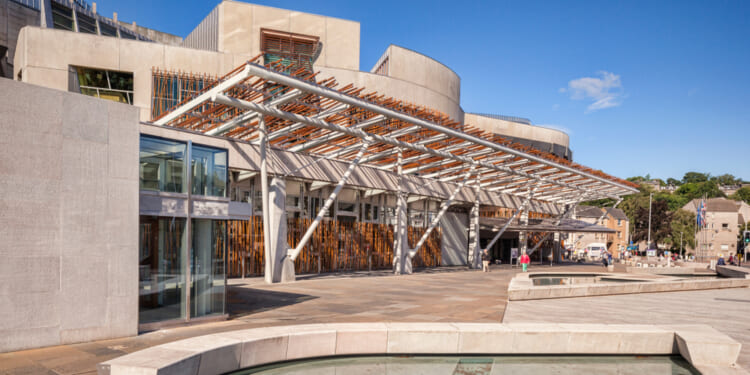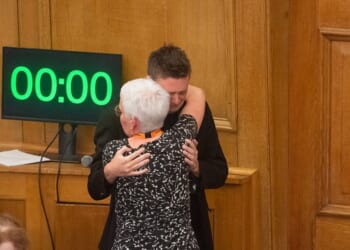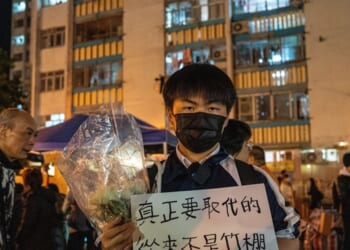(LifeSiteNews) — Opponents of assisted suicide went to the Scottish Parliament in Edinburgh today for a mass lobby and found that all their elected representatives were unavailable.
The lobby at Holyrood, organized for Tuesday, October 7, by the Scottish branch of the United Kingdom’s Society for the Protection of Unborn Children (SPUC), followed a template long respected in British parliamentary democracy. In this method, participants in the mass lobby go to reception at Parliament and ask for one of their representatives. If they are available, representatives come down to hear what their constituents have to say. The verb “to lobby” derives from the tradition of politicians meeting with voters in the lobby of a parliamentary building.
At 1 p.m., three hours after the start of the lobby, about 40 people, representing four of Scotland’s eight regions, had attempted to speak with their representatives, but not one MSP (Member of the Scottish Parliament) had put in a personal appearance.
“Both the reception desk and the staff of MSPs have been acting as gatekeepers,” said Margaret Akers, services coordinator for SPUC.
“Some MSPs sent staff down to talk to constituents. After being told that the subject of the lobby was assisted suicide, the staff of one MSP said on the telephone that the Member was unavailable. A party that came all the way from Dundee had to insist on being allowed even to leave their contact details for the MSP to get back to them.”
SPUC executive director Michael Robinson attempted to resolve the problem, but the situation rapidly became worse. The next participant explained at reception that he was there on the mass lobby but was told firmly that it was not possible to telephone the MSP’s office, even though that is exactly how a mass lobby works. Later, he did succeed in speaking to staff of another MSP by calling that member’s office directly. The next person in line, a disabled woman, did not even make it as far as reception. After going through security, she was turned back and made to leave the building because the back of her wheelchair displayed the words: “Assist us to live, not to die.”
“When parliamentary democracy is in good shape, a mass lobby like this should run like clockwork,” one disappointed participant said. “If it’s so hard at the Scottish Parliament, what does that say about the institution’s state of health?”

















